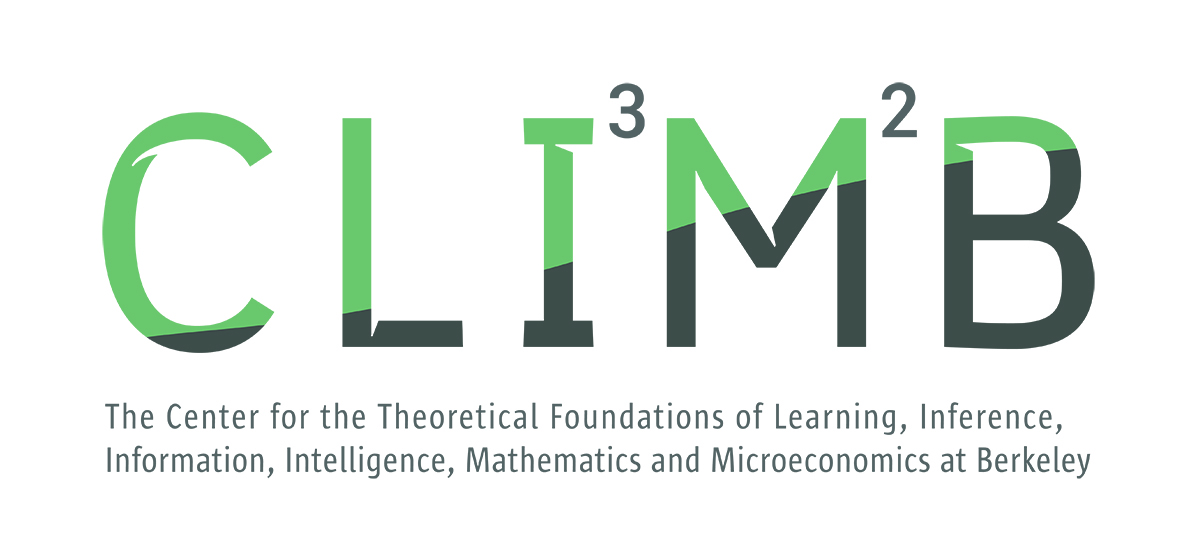Christos Papadimitriou
Donovan Family Professor of Computer Science at Columbia University
Banatao Auditorium | 310 Sutardja Dai Hall
Monday, October 7, 2024 at 11 AM
In 1950 John F. Nash proved that every game has a Nash equilibrium, and this marked the beginning not just of game theory but also of modern economic thought. During the 1990s, as games came under computational scrutiny, flaws of the Nash equilibrium were noted: It is not unique, and this leads to the quagmire of equilibrium selection, and it is intractable to compute anyway. I propose to reframe a game as a mapping from a prior distribution over the strategy space to the limit distribution of repeated play via gradient descent — called replicator dynamics in the case of games. Three theorems serendipitously proved over the past year together imply that this new conception of a game is well motivated, well defined, and can be computed very efficiently.
